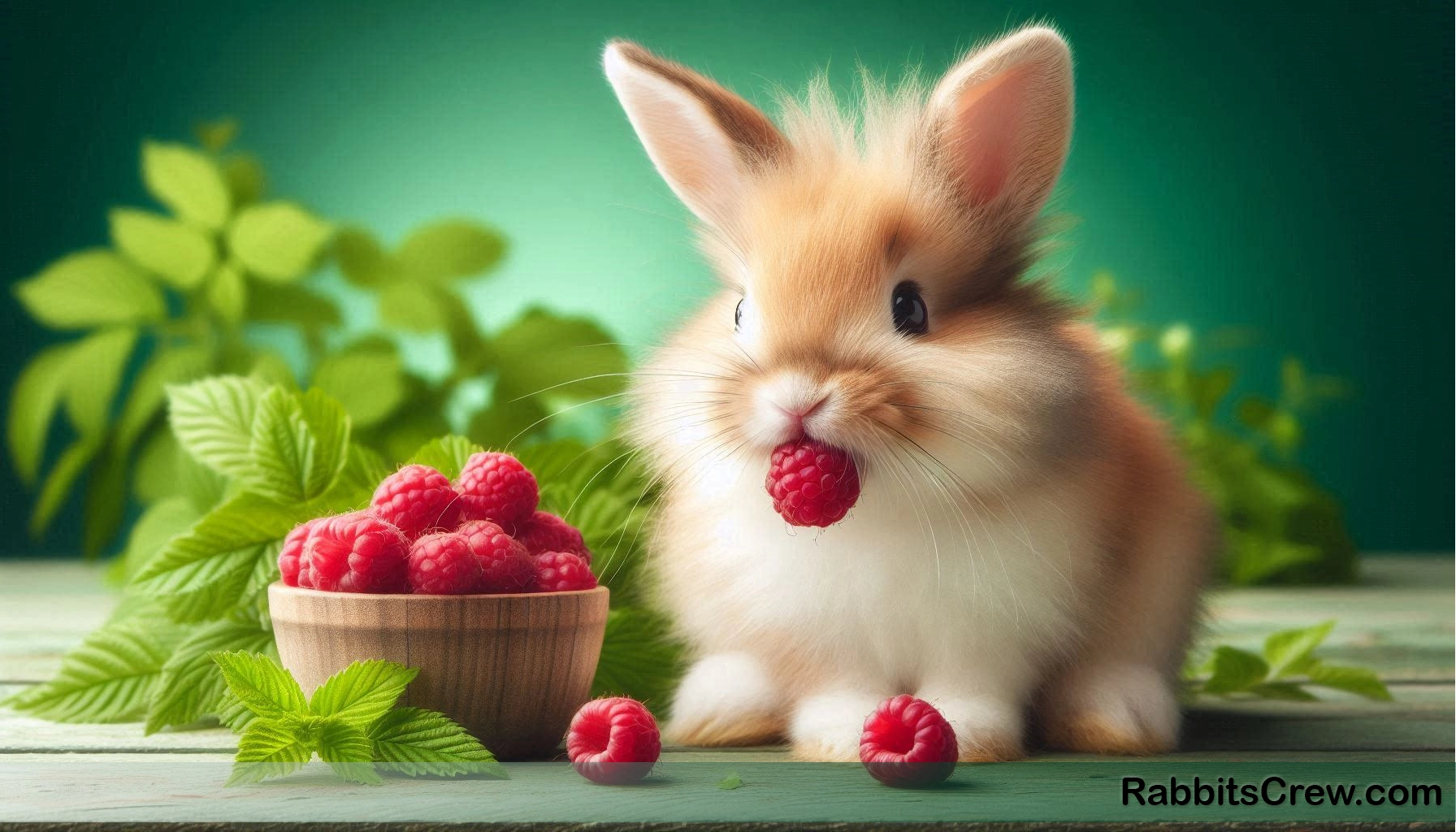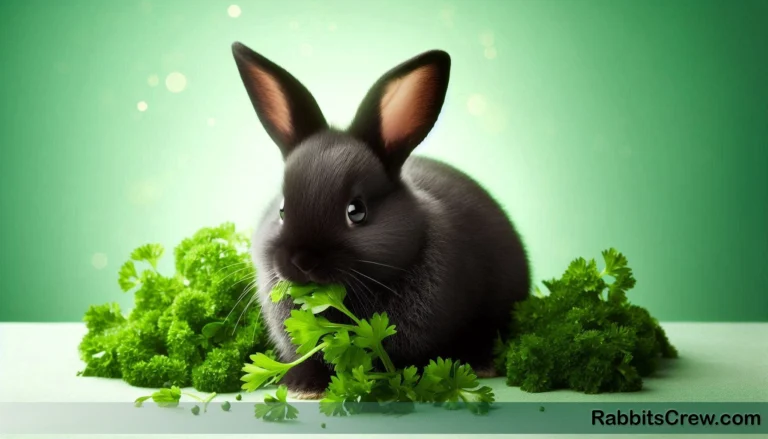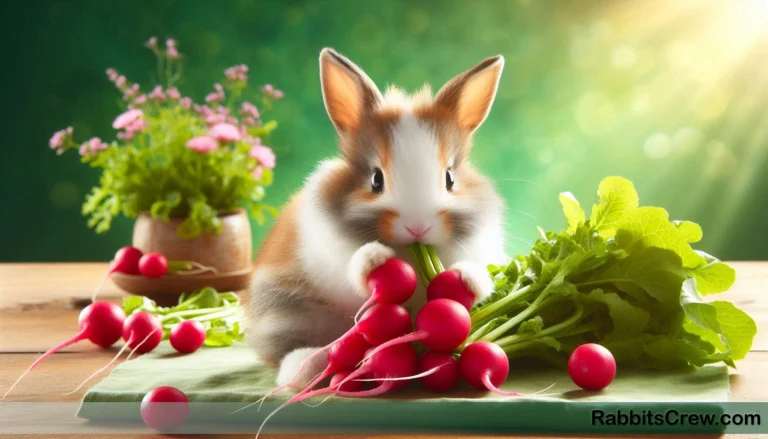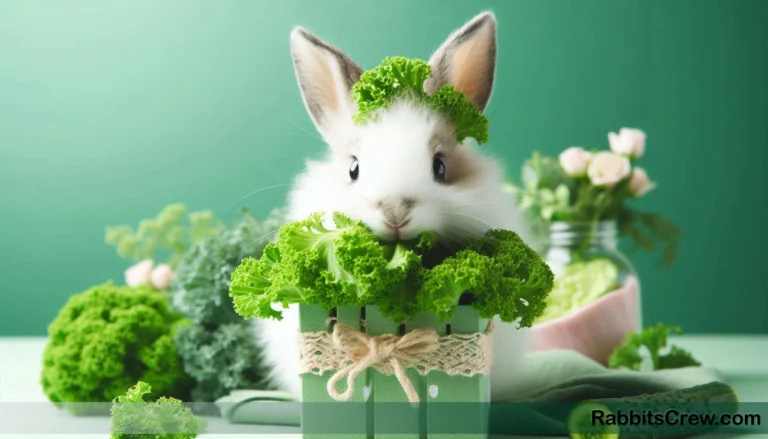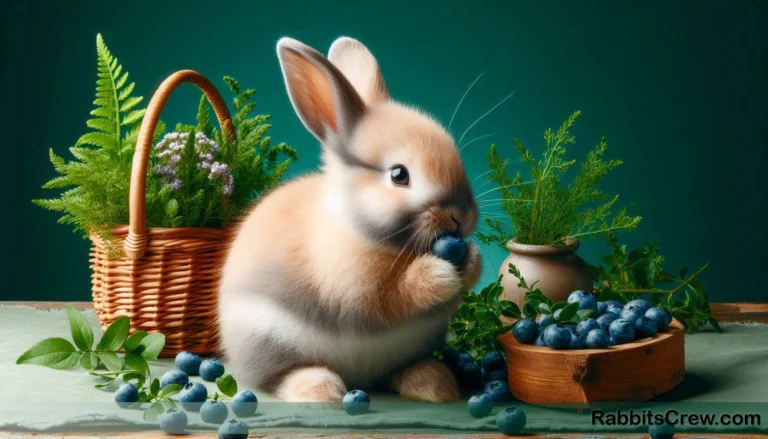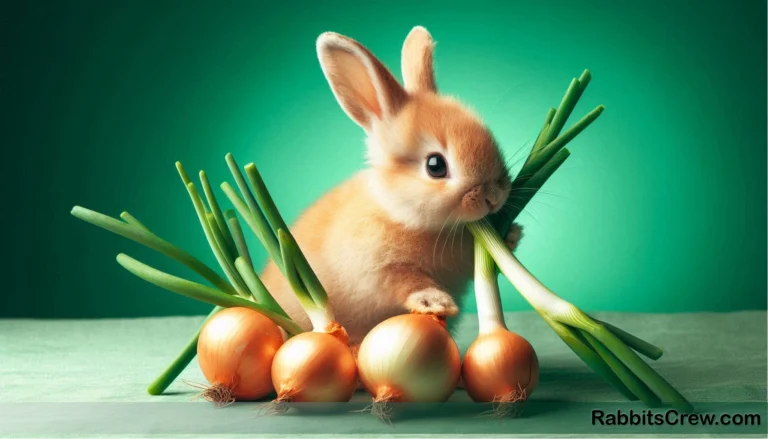Can Rabbits Eat Raspberries, Leaves or Branches? [Answered]
Rabbits can eat raspberries and leaves but avoid branches. They are a tasty treat. Offer in moderation due to sugar content.
Rabbits are known for their love of fresh fruits and vegetables, but not all produce is safe for them. This article explores whether rabbits can eat raspberries, their leaves, canes, branches, and bushes. We also discuss the recommended amount of raspberries for rabbits, their health benefits, potential risks, and the dangers of overfeeding. Understanding these aspects will help rabbit keepers ensure their pets remain healthy and happy.
Raspberries Components and Rabbit Safety
| Component | Safe for Rabbits? | Notes |
|---|---|---|
| Fruit | Yes | In moderation |
| Leaves | Yes | Can be fed in small amounts |
| Canes | No | Can cause digestive issues |
| Branches | No | Can cause digestive issues |
| Bushes | No | Can cause digestive issues |
| Seeds | Yes | Small amounts; avoid large quantities |
| Roots | No | Potentially toxic |
| Stems | No | Can cause digestive issues |
Can Rabbits Eat Raspberries?
Rabbits can eat raspberries in moderation. These fruits are a delicious treat that provides essential vitamins and minerals. However, due to their sugar content, they should only be given as an occasional treat.
Nutritional Content of Raspberries (per 100g)
| Nutrient | Amount |
|---|---|
| Calories | 52 kcal |
| Carbohydrates | 11.94 g |
| Sugars | 4.42 g |
| Fiber | 6.5 g |
| Protein | 1.2 g |
| Vitamin C | 26.2 mg |
| Vitamin K | 7.8 µg |
| Folate | 21 µg |
| Potassium | 151 mg |
| Magnesium | 22 mg |
Can Rabbits Eat Raspberry Leaves?
Yes, rabbits can eat raspberry leaves. They are generally safe and can be a healthy addition to their diet in small amounts. The leaves contain beneficial nutrients but should not be the primary source of food.
Can Rabbits Eat Raspberry Canes?
No, rabbits should not eat raspberry canes. These parts of the plant are too tough and fibrous, which can cause digestive issues or blockages in rabbits.
Can Rabbits Eat Raspberry Branches?
Raspberry branches are not safe for rabbits. Similar to canes, they are fibrous and can lead to digestive problems if ingested.
Can Rabbits Eat Raspberry Bushes?
Rabbits should not eat raspberry bushes. The fibrous and woody parts of the bush can cause serious digestive issues.
What is the Recommended Amount of Raspberries for Rabbits?
| Frequency | Amount |
|---|---|
| Daily | Not Recommended |
| Weekly | 1-2 small raspberries |
| Monthly | 3-4 small raspberries |
Special Note: Always introduce new foods gradually to monitor for any adverse reactions.
Are There Any Health Benefits of Raspberries for Rabbits?
Yes, there are health benefits of raspberries for rabbits:
– Vitamin C: Supports immune system health.
– Antioxidants: Help protect cells from damage.
– Fiber: Aids in digestion and prevents constipation.
– Hydration: High water content helps keep rabbits hydrated.
Are There Any Health Risks of Raspberries for Rabbits?
While raspberries are beneficial, they also pose some risks:
– High Sugar Content: Can lead to obesity and dental problems.
– Digestive Upset: Overconsumption can cause diarrhea or stomach upset.
– Allergic Reactions: Some rabbits may have allergic reactions to raspberries.
Potential Risks of Overfeeding Raspberries to Rabbits
Overfeeding raspberries can lead to several health issues:
| Potential Health Issue | Description |
|---|---|
| Obesity | High sugar content can cause weight gain |
| Dental Problems | Excess sugar can lead to tooth decay |
| Diarrhea | Too much fruit can upset the digestive system |
| Nutritional Imbalance | Can cause an imbalance in the diet |
Rabbits can eat raspberries in moderation. For more information about other foods rabbits can eat, check out our articles on “Can rabbits eat spinach?” or “Can rabbits eat lettuce?”.
Conclusion
In summary, rabbits can enjoy raspberries and their leaves as occasional treats. It’s important to avoid giving them other parts of the raspberry plant, such as canes, branches, and bushes. Moderation is key to preventing health issues related to overfeeding. Always monitor your rabbit’s reaction to new foods and consult a veterinarian if you have any concerns. By following these guidelines, you can safely incorporate raspberries into your rabbit’s diet for added variety and nutrition.

